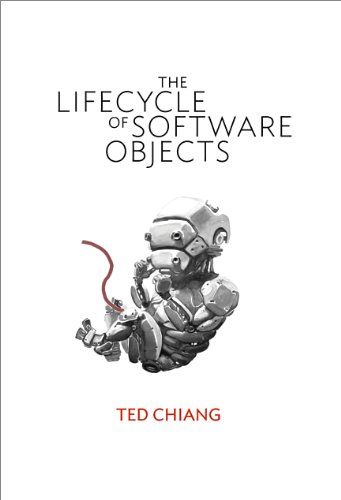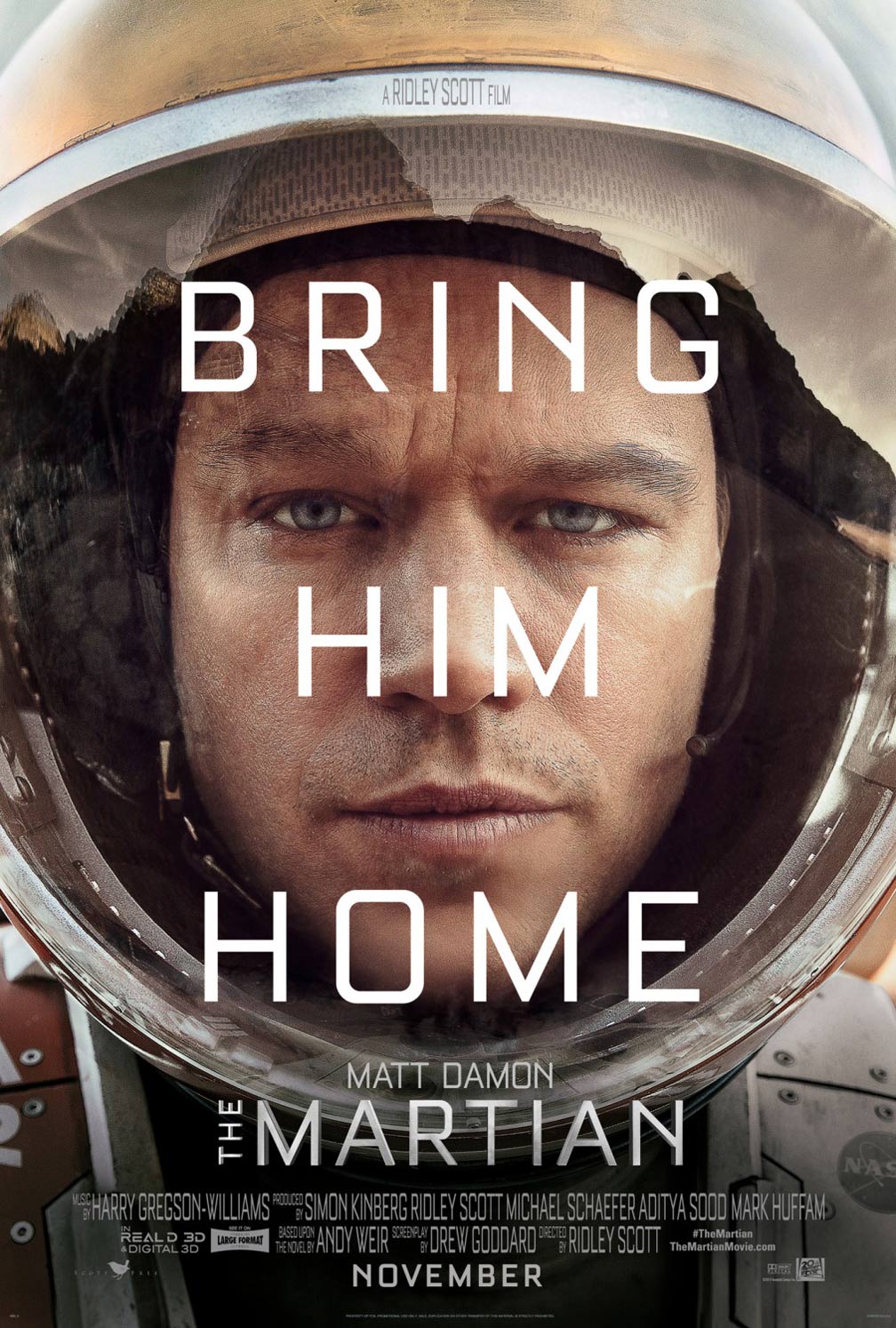
The closer we get to our present time in the study of history, the harder it is to see the meaning of the events we are studying. Hindsight is a wonderful gift, in that it enables us to put the pieces together, and figure out what really mattered- what really made an impact. This blog post is unique, in that I don’t know what people will still be talking about in twenty, ten, or even five years. The stories and ideas mentioned here are what I think have been impactful so far. What will be the defining characteristics of the 2010s? We still have half a decade to discover that.
Science Fiction:
Literature-

In 2010, Ian McDonald published The Dervish House, winner of the 2011 BSFA Award, as well as the 2011 John W. Campbell Award. It describes from various perspectives the aftermath of a bus bombing in Istanbul, Turkey.

The 2011 winner of the Hugo and Locus awards for best novella was Ted Chiang’s 2010 story, “The Lifecycle of Software Objects”, about a woman who raises an intelligence from simple AI to human-like consciousness.

The 2012 spoof Redshirts, by John Scalzi, won the 2013 Hugo and Locus Awards. It parodies Star Trek, (and similar science fiction shows), from the perspective of the “red shirts”- those expendable extras who never seem to make it back from away missions.

In 2011, Andy Weir published The Martian, which details the struggles of a stranded astronaut attempting to survive on Mars. The novel was adapted into a film in 2015.

Chinese author Liu Ci Xin wrote The Three Body Problem into 2008. It is an alternate history, in which aliens invade earth during China’s Cultural Revolution. It was translated into English in 2014, and won the Nebula Award for 2014, and the Hugo Award for 2015.
Television-

Continuum, a Canadian sci-fi show released in 2012, was about a group of future terrorists who travel to the present, and the police officer who was accidentally dragged along with them. It was created by Simon Barry, and starred Rachel Nichols as the displaced officer, Kiera Cameron.

The Marvel Cinematic Universe branched out into television in 2013 with Agents of S.H.I.E.L.D., starring as a resurrected Agent Coulson. He and his team deal with the issues raised by superhumans and aliens, and must fight forces from outside the universe, and inside their own organization.
Film-
Christopher Nolan, known for his gritty, realistic style and mind-boggling plot twists, put out fan-favorite, Inception in 2010. It explores ideas of dreams and reality, and the thin line between them.

The culmination of the first phase of Marvel Cinematic Universe films took place in 2012 with The Avengers. The film saw an epic team-up between Captain America, Iron Man, Thor, The Hulk, Black Widow, and Hawkeye, as they learned to work together, and fought evil aliens led by Thor’s powerful and jealous younger brother, Loki.

The next year, J. J. Abrams released a sequel to his 2009 Star Trek reboot called Star Trek Into Darkness. It reintroduced feared villain Khan Noonien Singh, and had some parallels to the classic Star Trek film The Wrath of Khan.
A trend I have noticed over the past few years in film is what I would call “NASA sci-fi”- films portraying humans in the near future exploring space in ways that stay true to what we know can currently be done.

2013’s Gravity was the story of an American astronaut struggling to survive after being disconnected from the space station she worked on.

In 2014, Christopher Nolan’s Interstellar showed a group of astronauts attempting to find a solution to an ecological crisis in the not-too-distant future using ideas that are presently being studied by quantum physicists.

The Martian, by Andy Weir, was adapted in 2015, and seems to have a similar modern realism to that of Gravity and Interstellar.
Also, the rights to the Star Wars movies were sold to Disney studios, who hired J.J. Abrams to direct the first film in a new trilogy, The Force Awakens, released in 2015. You probably already knew that.
Thank you so much for sticking with me through this trek through history. I hope you’ve enjoyed it, and been enlightened or inspired in some way. I have personally learned so much through writing this series, and am looking forward to posting about some of my more specific insights in the future. The next post will be some of my recommendations for experiencing the highlights of sci-fi history. After that, I’ll briefly cover the first six Star Wars movies, and give my spoiler-free review of The Force Awakens. Then, I will finally get to work on blogging through all the episodes of Star Trek: The Original Series for the 50th anniversary of the show.
Thanks again!
Keep on glowing in the dark,
Elora

